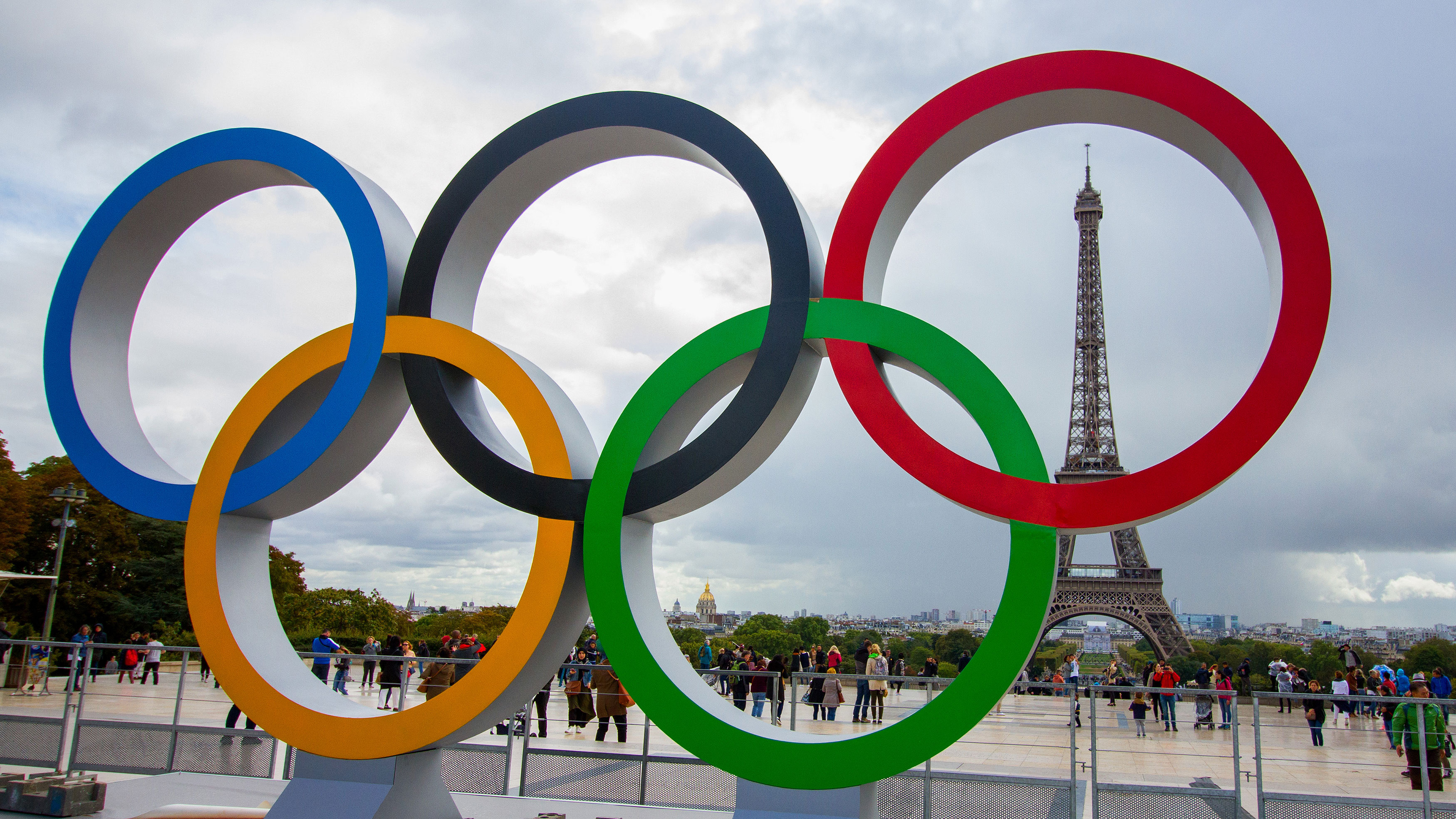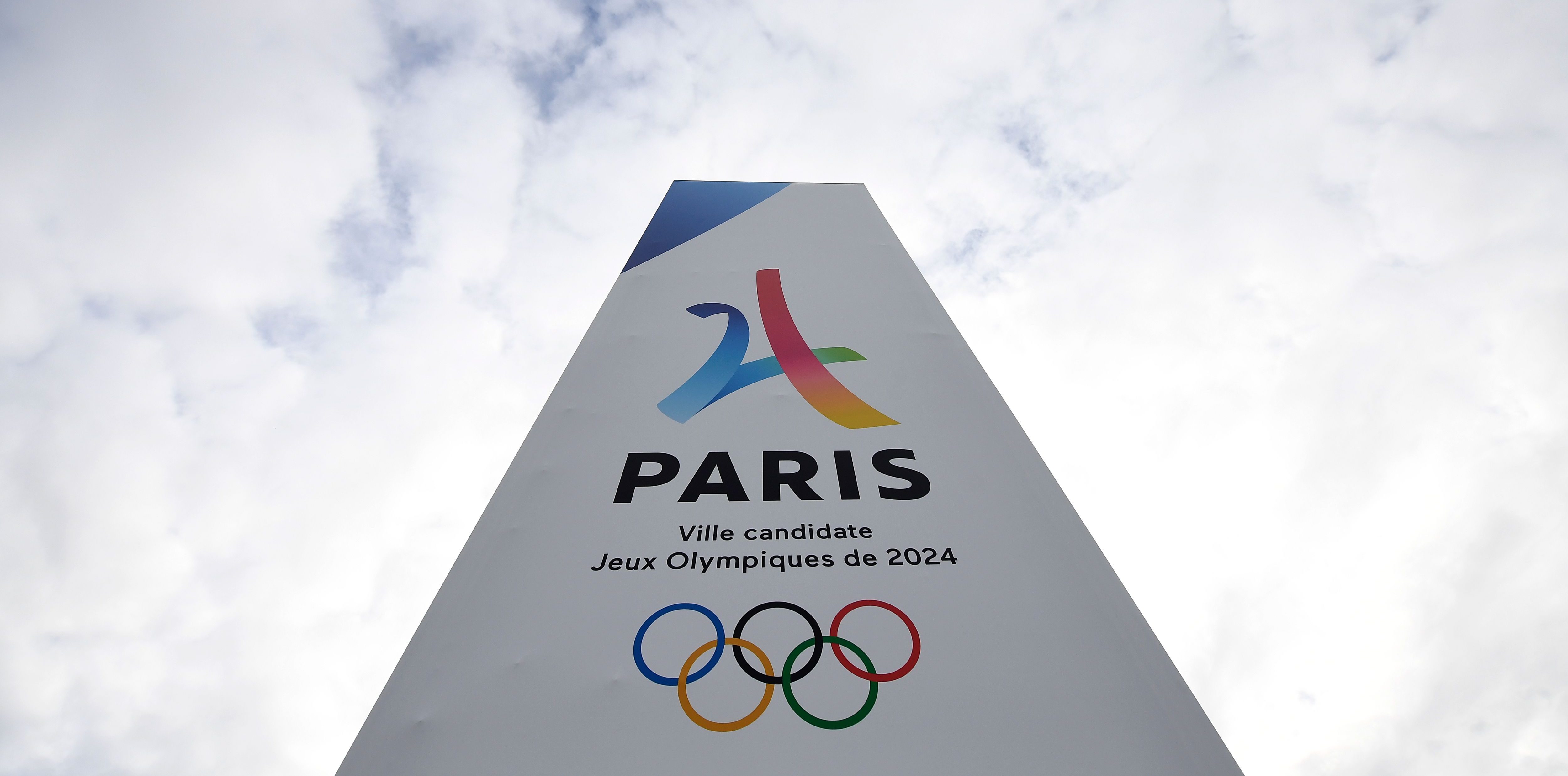Fencing has been part of every Summer Olympic Games since the birth of the modern Olympic movement at the 1896 Olympics in Athens.
Fencing’s origins can be found in swordplay, which has been practiced for thousands of years — as evidenced by depictions of fencers dating from around 1190 B.C. It became a popular sport under the influence of French, Italian and German fencing masters.
The sport is now practiced all over the world, generating fierce competition not only in Europe, but also in Asia, Oceania, the Americas, and Africa, with 157 national federations members of the International Fencing Federation.
Ahead of the 2024 Olympics in Paris, here is everything to know about fencing.
Get top local stories in San Diego delivered to you every morning. >Sign up for NBC San Diego's News Headlines newsletter.
What is fencing?
Fencing is a combat sport in which two athletes, fencers, use swords to attack and defend against one another with the aim of striking their opponent in order to score points.
Fencing disciplines and rules
There are three disciplines of modern fencing: foil, épée and sabre. Each discipline uses a different kind of blade and has unique rules.
Hits made with the point (tip), edge or back of the blade are counted as valid in sabre, with the target area including the entire torso above the waist, as well as the head and arms. In épée and foil, fencers only score when they strike their opponent with the point of their weapon.
In épée, the target area covers the entire body, from the mask down to the feet, while in foil the target area is the trunk only (torso, shoulders and neck).
The first fencer to reach 15 points, or whoever has the most points when time runs out, wins the match. Individual matches are nine minutes long, divided into three three-minute periods.
In team fencing, the first team to score a total of 45 points, or whichever has the highest score when time runs out, wins. Head-to-head bouts in the team event last three minutes or until the winning team score reaches a multiple of five.
How many fencers will compete at the 2024 Olympics?
A total of 212 fencers will compete at the Paris Olympics, including 102 men and 102 women, plus six host country quotas (three per gender) and two Universality Places (one per gender).
There will be a maximum of 18 athletes per NOC (nine per gender), including a team of three athletes per gender for team events. For the Specific Event Quota, a team of three athletes per gender or one athlete per gender is considered.
Quota places for individual events vary from a minimum of 34 (per weapon) to a maximum of 37, while quota places for team events vary from a minimum of eight to a maximum of nine.
The variable quota refers to the host country, France, which can decide whether or not to field its own trio of athletes. Each team will consist of three fencers.
Fencing events at the 2024 Olympics
There will be six fencing events across the men's and women's tournaments at the 2024 Paris Olympics.
- Individual épée (men's/women’s)
- Individual foil (men's/women’s)
- Individual sabre (men's/women’s)
- Team épée (men's/women’s)
- Team foil (men's/women’s)
- Team sabre (men's/women’s)
Fencing venue for 2024 Olympics
The fencing events will take place from July 27 to Aug. 4 at the Grand Palais. The venue has the capacity for 8,000 people during the Olympic Games, and 6,500 during the Paralympic Games.
The Grand Palais is an architectural masterpiece at the heart of Paris. It is renowned worldwide for its magnificent nave and glass roof and will offer an impressive setting for the Olympic and Paralympic competitions.
Team USA fencers for 2024 Olympics
During the 2020 Tokyo Games, Lee Kiefer became the first American to win an individual foil gold after she defeated Olympic champion Inna Deriglazova 15-13.
Kiefer and her husband, Gerek Meinhardt, headline the Team USA fencing squad for Paris. Here is the full American roster for the 2024 Olympics:
Men's foil
- Nick Itkin
- Alexander Massialas
- Gerek Meinhardt
- Miles Chamley-Watson (replacement for team event)
Men's sabre
- Eli Dershwitz
- Colin Heathcock
- Mitchell Saron
- Filip Dolegiewicz (replacement for team event)
Women's épée
- Anne Cebula
- Margherita Guzzi Vincenti
- Hadley Husisian
- Kat Holmes (replacement for team event)
Women's foil
- Jackie Dubrovich
- Lee Kiefer
- Lauren Scruggs
- Maia Weintraub (replacement for team event)
Women's sabre
- Tatiana Nazlymov
- Magda Skarbonkiewicz
- Elizabeth Tartakovsky
- Maia Chamberlain (replacement for team event)





